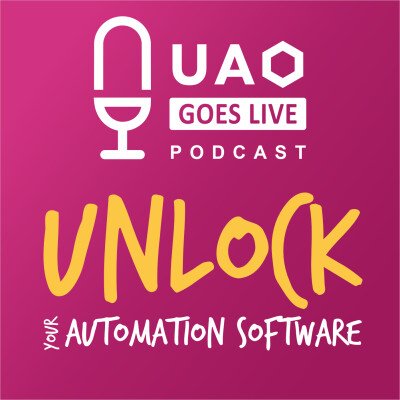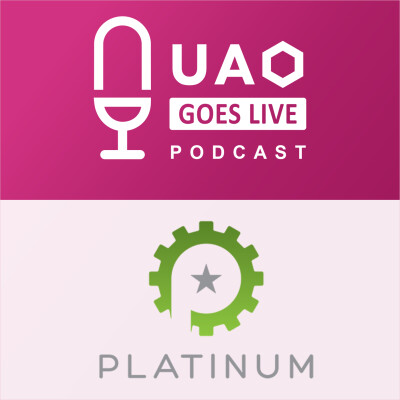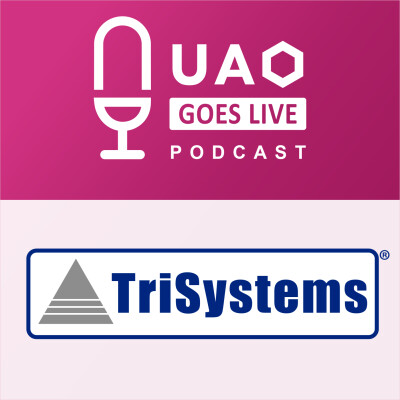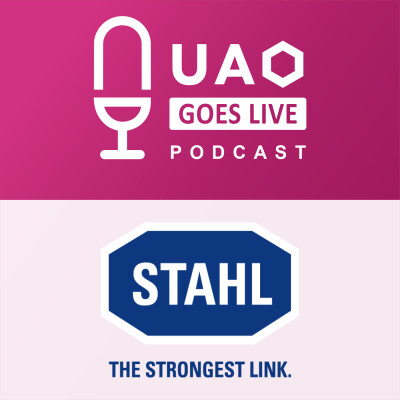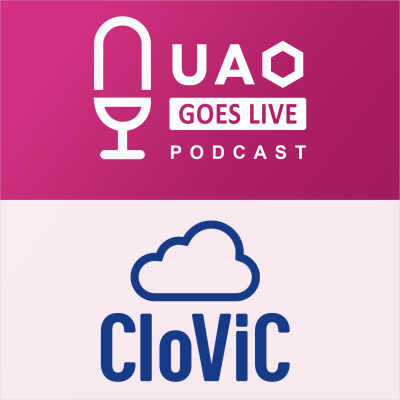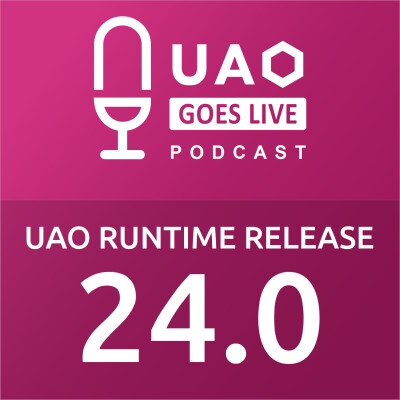Description
UAO Goes Live brings the conversations from our popular LinkedIn Live series directly to your favorite podcast platform. Each episode explores the world of open, interoperable automation powered by IEC 61499. Join industry leaders, innovators, and experts as they share real-world applications, success stories, and insights that are shaping the future of industrial automation.
Whether you are an engineer, a technology leader, or simply passionate about the next wave of automation, this podcast is your go-to source for cutting-edge discussions, practical knowledge, and thought leadership.
Tune in and discover how UniversalAutomation.org and its ecosystem are transforming industries, one open standard at a time.
Hosted on Ausha. See ausha.co/privacy-policy for more information.

